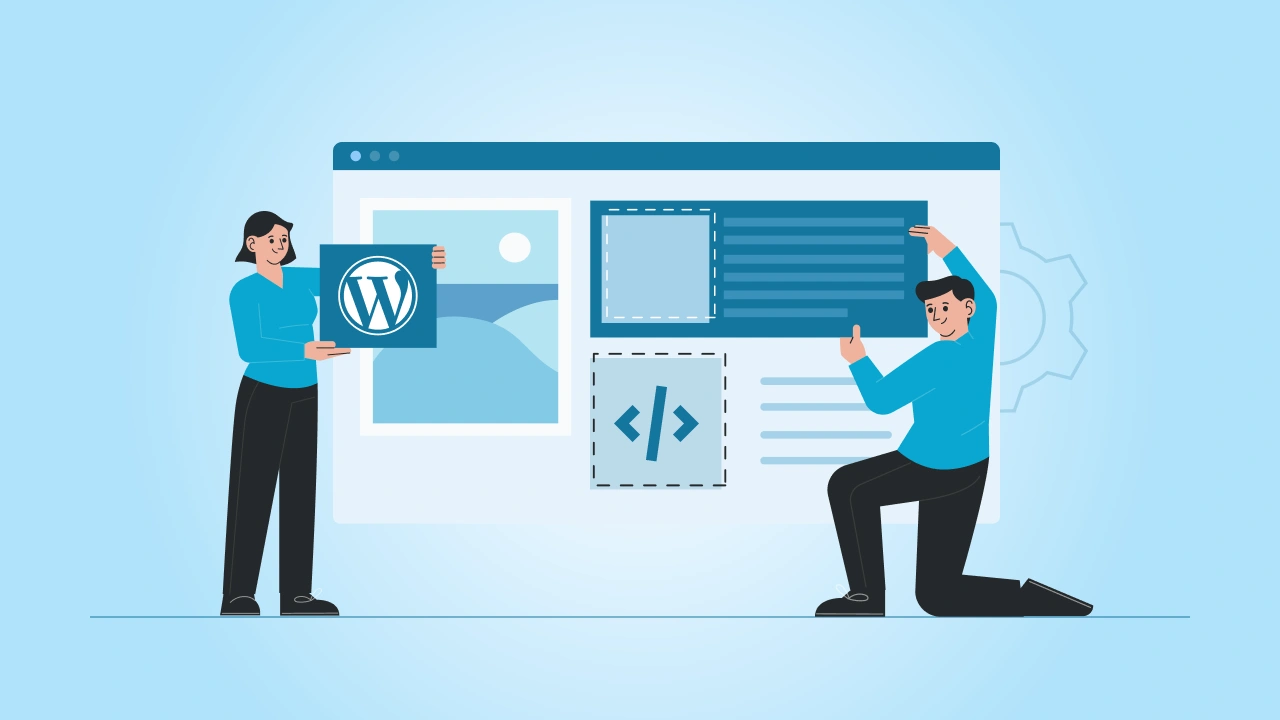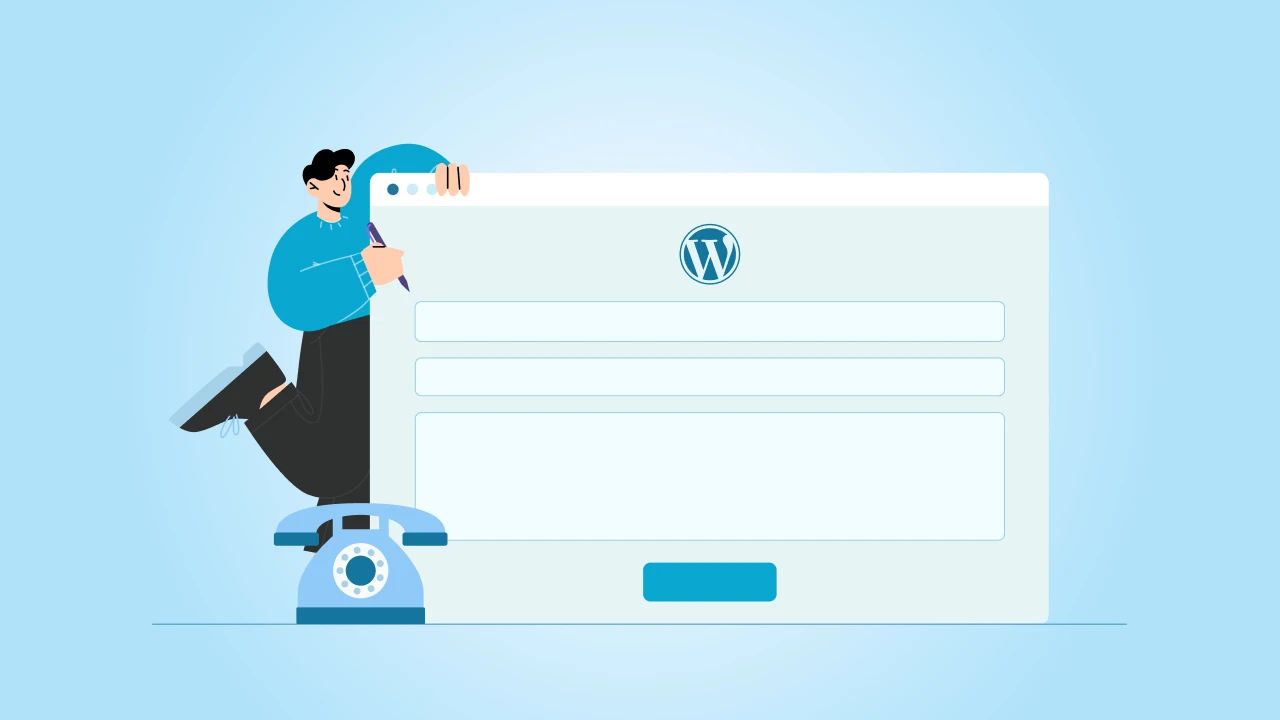When it comes to blogging, one of the first questions you will face is: Which platform should I choose?
In 2025, two platforms continue to stand out—Medium and WordPress—both loved by millions of writers, bloggers, and content creators. But they couldn’t be more different.
Let me explain.
Medium is for writers who just want to write. It’s simple, clean, and ready to use the moment you sign up. No themes, no plugins—just your words and an audience that’s already there, waiting.
WordPress, on the other hand, is for people who want to build their own space online. It’s highly customizable, whether you want a personal blog, a business site, or even an online store. But with all that flexibility comes more responsibility.
In this post, we will dig into the key differences between Medium and WordPress to help you figure out which one is the best fit for you.
Let’s get started!
Medium vs. WordPress
What is Medium?
Medium is an online publishing platform where people can write and share their ideas with readers around the world. It’s simple to use and has a clean design that makes writing easy. You don’t have to worry about managing a website—just focus on your content. It’s a place for interesting articles, personal stories, and different viewpoints all in one spot.
One of the best things about Medium is its built-in audience. People visit Medium to read, which means your posts have a chance to reach readers—even if you are new to blogging.
But there’s a downside: you don’t own your space on Medium. Your blog lives on their platform, and you can’t customize it to make it truly your own. For writers who value simplicity and want to focus on their words, Medium is a great choice.
What is WordPress?
WordPress is for people who want full control over their blog. Originally launched in 2003 as a blogging platform, WordPress has since evolved into a robust tool for building your own website. Unlike Medium, it’s not just a platform for writing—it’s a versatile tool that can handle anything from a simple personal blog to a professional portfolio and even a full online store. Whether you are a writer, a designer, or an entrepreneur, WordPress can do it all.
The biggest advantage of WordPress is its flexibility. You can choose from literally thousands of WordPress themes to change how your site looks and use plugins to add extra features, like contact forms, social media buttons, or even eCommerce tools.
However, with this freedom comes responsibility. You will need to handle things like hosting, domain names, and site maintenance. It’s not difficult once you get the hang of it, but it does take a little time and effort to set up.
If you want a blog that you truly own and control, WordPress is the way to go. It’s perfect for those who want to build something unique and are willing to put in the work to make it happen.
Discover how WordPress can help you create a fully customizable website that meets your unique needs.
Key Differences Between Medium and WordPress
Now that we have learned what Medium and WordPress are, let’s break down the key differences. This will help you decide which platform aligns better with your blogging needs.
1. Ease of Use
If you are looking for something quick and straightforward, Medium is the clear winner. Signing up takes minutes, and you can start writing and publishing right away. There’s no need to think about design, hosting, or anything technical—Medium handles it all.
WordPress, on the other hand, has a steeper learning curve. Even if you choose between WordPress.com and WordPress.org, though the platform WordPress.com simplifies the process, if you are going for the self-hosted WordPress.org, you will need to set up hosting, choose a theme, and customize your site. It’s not hard, but it does require a little patience, especially if you are new to blogging.
2. Customization
When it comes to customization, WordPress wins by a mile. You can pick from thousands of themes, tweak layouts, and install plugins to add new features. Whether you want a sleek portfolio or a feature-packed website, WordPress lets you build something that’s entirely your own.
Whereas, Medium, is pretty rigid. Your blog will look like every other Medium blog. While the design is clean and professional, you won’t have the option to change much beyond basic profile details.
3. Ownership
With WordPress, your blog is 100% yours. You control how it looks, where it’s hosted, and what happens to it. This also means you are free to move your site to a new host or platform if you want.
On Medium, you are essentially renting space on their platform. While you can publish your posts and share them widely, they live on Medium’s site—not yours. If Medium decides to change its policies or shut down, your content could be affected.
4. Audience and Reach
As we said earlier, Medium has a built-in audience, which can be a huge advantage for new writers. Readers actively browse Medium looking for stories to read, and if your content is engaging, it can be featured on the platform and reach a larger audience.
WordPress doesn’t come with an audience. You will need to promote your blog through social media, SEO, or email newsletters to attract readers. It takes more work, but it also gives you full control over your audience and how you engage with them.
5. Cost
Medium is free to start, though it does offer a paid membership for additional features like reading premium content. However, you don’t have to pay anything to create and publish your own posts.
WordPress can range from affordable to expensive, depending on what you need. If you are using WordPress.org, you will need to pay for hosting, a domain name, and any premium themes or plugins you choose. While there are free options available, the costs can add up if you want a highly customized site.
Who Should Choose Medium?
Medium is highly perfect for writers who want to focus entirely on their content without worrying about the technical side of blogging. So if you are someone who simply loves to write and share ideas, Medium is a great choice.
- Writers Who Value Simplicity
Medium makes blogging effortless. You don’t have to think about design, hosting, or maintenance. It’s all done for you, so you can concentrate on writing. - Those Who Want a Built-In Audience
Medium is home to millions of readers. If your content resonates, it can be picked up by the platform’s algorithm and shared widely, giving you a chance to reach people without heavy promotion. - Hobby Bloggers or Occasional Writers
If blogging isn’t your full-time gig and you are looking for a low-maintenance platform to share thoughts or stories occasionally, Medium is an ideal fit. - People Who Don’t Care About Ownership
If you are okay with not having full control over your blog and are happy to write within Medium’s ecosystem, this platform will suit you well.
That being said, Medium does have its limits. You won’t be able to customize your blog or monetize it extensively, so it’s better for those who are content with simplicity over control.
Who Should Choose WordPress?
WordPress is the ideal choice for bloggers who want full control over their site and the freedom to build something uniquely their own. It’s a more flexible platform that caters to a wide range of needs, from casual bloggers to business owners.
- Those Who Want Full Customization
If you want your blog to look exactly how you imagine, WordPress is the way to go. With thousands of themes and plugins, you can design your site to fit your style and needs—whether that’s a personal blog, a portfolio, or even an eCommerce store. - Bloggers Who Value Ownership
With WordPress, your blog is entirely yours. You own your domain, your content, and your audience. This gives you the freedom to move your site or make changes without relying on a third-party platform. - People Who Plan to Monetize Their Blog
WordPress offers endless opportunities to monetize your site. You can run ads, set up an online store, offer memberships, or sell digital products. The possibilities are vast, and you are in full control of how you make money from your blog. - Businesses or Professionals
If you are a business owner or professional looking to create a website that reflects your brand, WordPress is the best option. You can integrate advanced features like booking systems, online payments, or email marketing tools to build a complete online presence. - Tech-Savvy or Hands-On Bloggers
WordPress does require a bit of learning and effort to set up and maintain. If you are comfortable tinkering with tools and settings—or don’t mind learning along the way—WordPress will reward you with unmatched flexibility.
Conclusion
At the end of the day, there’s no one-size-fits-all answer when it comes to choosing between Medium and WordPress. The “right” platform depends on what you are looking for and what you are willing to invest—whether it’s time, effort, or money.
If you are someone who loves the idea of writing and connecting with readers without getting bogged down by technical details, Medium is the way to go. It’s simple, clean, and gets you publishing in minutes. Plus, its built-in audience gives you a great chance to get noticed, even if you are new.
On the other hand, if you dream of building a blog that’s uniquely yours, WordPress is unbeatable. It takes more work, but it gives you full control and endless possibilities. Whether you are growing a personal brand, starting a business, or creating something professional and polished, WordPress gives you the tools to make it happen.
So, what’s it going to be—Medium or WordPress?
Explore how WordPress can transform your blogging experience.




